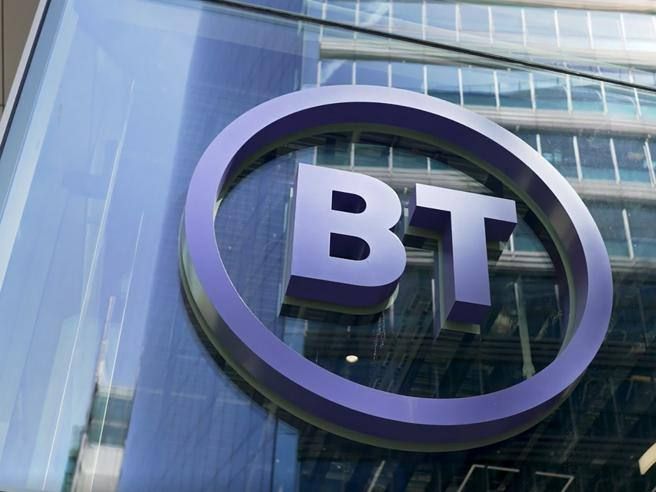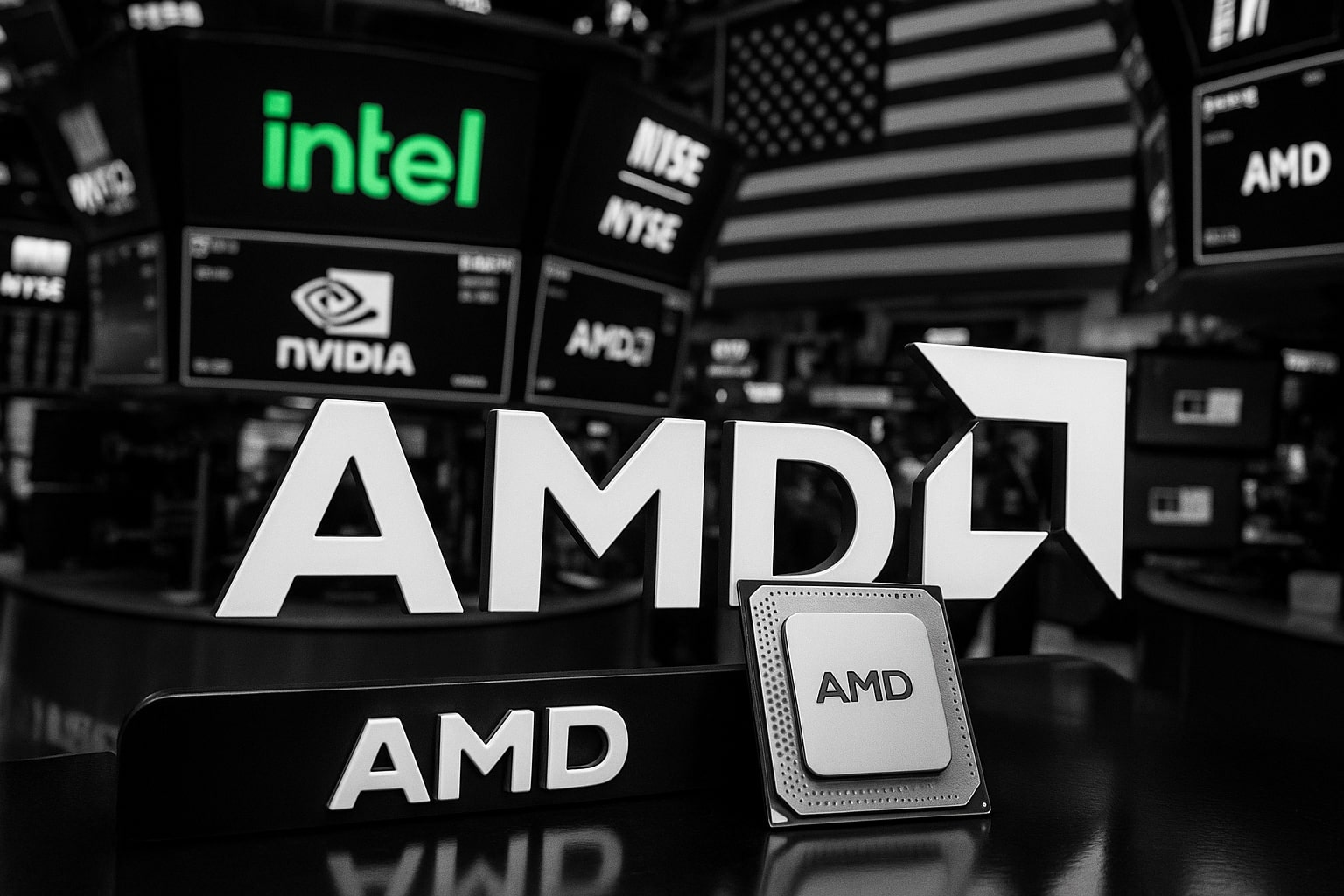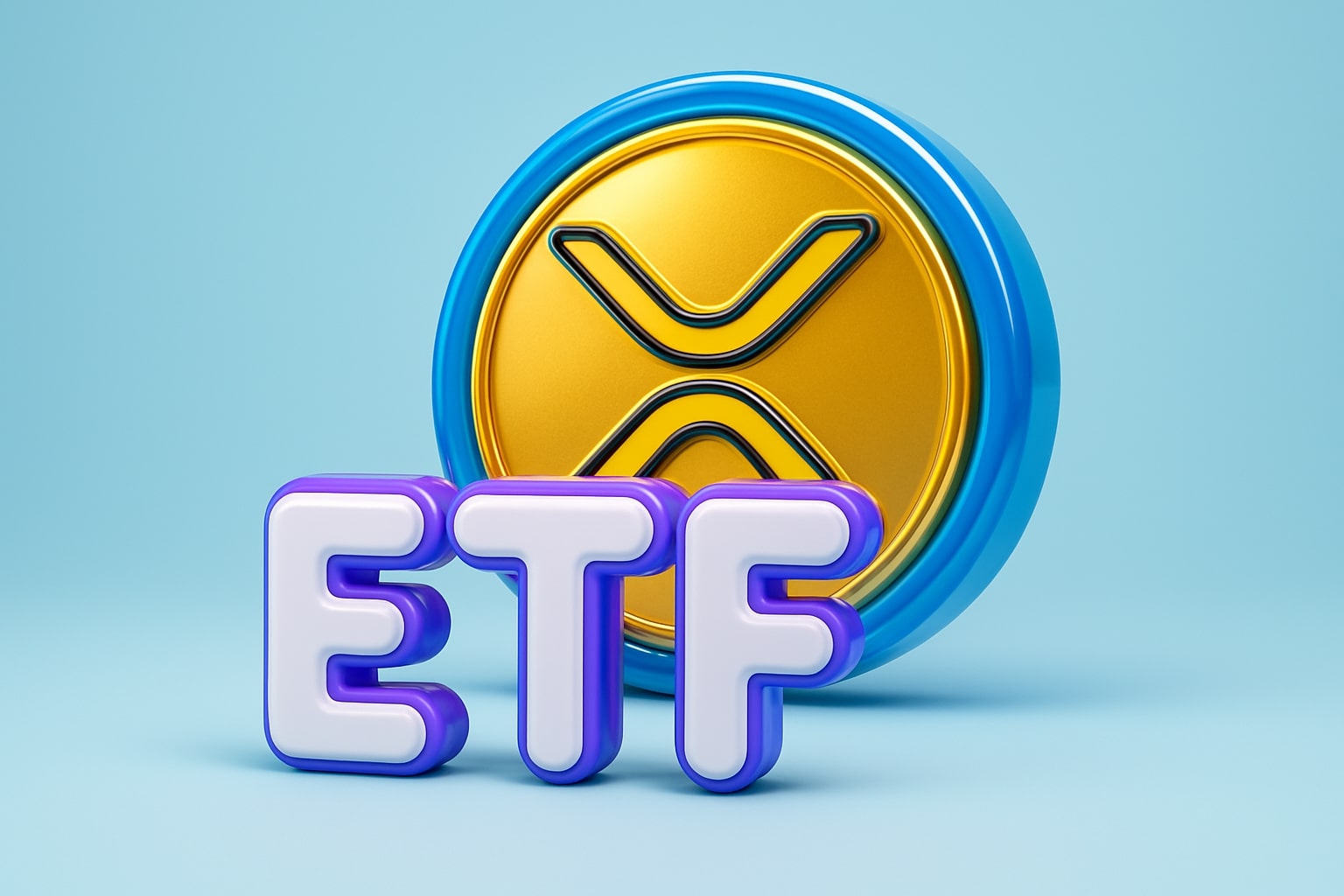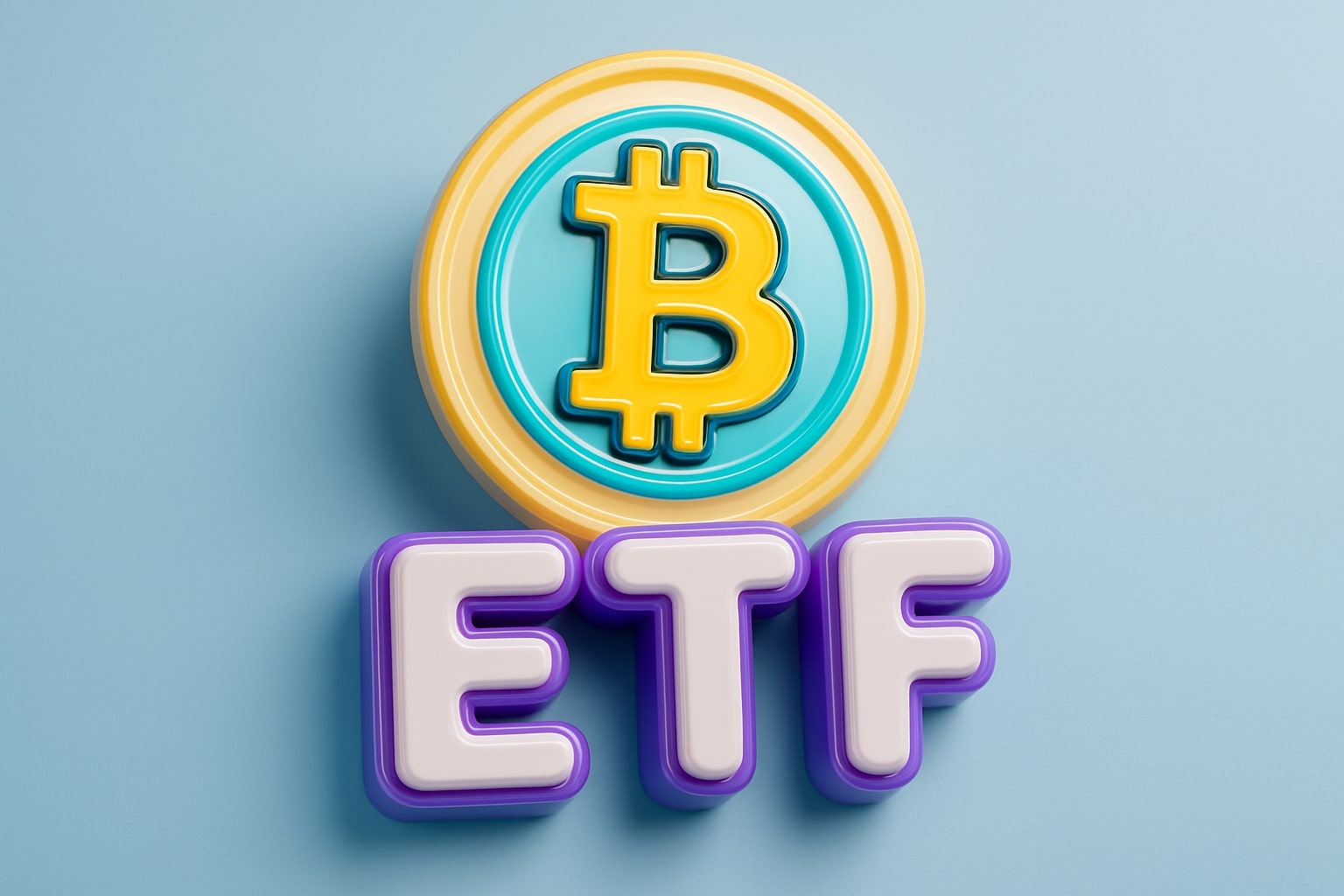
BT Group Plc Loses EU Contract, Gazprom Reports Profit Drop
EU cancels €458 million contract with BT Group Plc, while Gazprom faces challenges with a significant decline in net profit.
BT Group Plc, a British telecom operator, has lost a €458 million ($494 million) European Union contract due to concerns over its potential access to EU secrets following Brexit. The contract, which involved handling sensitive communications between EU governments, was canceled after legal proceedings and the changing economic and operational context. BT is disappointed with the cancellation and is considering its position.
The decision to award the contract to a non-EU company had sparked outrage among some EU lawmakers who questioned the EU's commitment to "strategic autonomy" and raised concerns about the UK's "espionage track record" and "mass surveillance program." However, the details of a new tender and BT's future participation have not been disclosed.
On a different note, BT Group PLC has received support for its strategy of rapidly deploying fiber to the home. Citi, an American bank, has described BT's approach as the correct one, despite temporary headwinds that may affect the company's ability to achieve free cash flow targets. Citi believes that the pain is temporary, and BT's earnings growth, improving asset quality, and transparent investment in infrastructure contribute to its positive outlook. With 12 out of 18 banks and brokerages following BT being positive on the stock, there is a consensus that the company has deep value and potential for growth.
In the gas industry, Russian gas giant Gazprom has faced challenges, leading to a drop in net profit of over 40% due to the Kremlin's windfall tax on Russia's energy sector. The tax was imposed to fund Putin's war on Ukraine. Gazprom has lost most of its European customers due to geopolitical tensions, leading to a decline in gas exports, a key source of revenue for the company. Despite allocating a half-year dividend, Gazprom's board has decided not to pay shareholders a full-year dividend.
Turning to investments, Patrick Drahi's telecoms investment group, Altice UK, has increased its stake in BT to nearly 25%. Drahi views BT's prospects positively and considers himself a long-term shareholder. Altice UK has no plans to make an offer for BT and currently does not intend to seek a board seat. Drahi's stakebuilding in BT has raised speculation about potential changes in the company's strategy, including the spin-off of its networking division, Openreach. Altice UK remains supportive of BT's management and strategy.
BT recently announced a radical cost-cutting plan that includes the reduction of 40,000 to 55,000 jobs over the next seven years. The company aims to streamline operations as its full-fiber broadband rollout slows down and automation opportunities increase with advancements in artificial intelligence. While BT's adjusted earnings have climbed, its free cash flow fell short of analysts' expectations.
It's worth noting that BT is not the only UK telecoms group facing foreign investors. Other examples include the United Arab Emirates telecoms group e& and Vodafone. Despite facing calls for price restraint, both Vodafone and BT have benefited from above-inflation price increases announced in April. BT has also increased prices set for wholesale customers by Openreach.
In summary, BT Group Plc has faced challenges with the cancellation of a lucrative EU contract, while also receiving support for its fiber deployment strategy. Gazprom has experienced a drop in net profit due to the Kremlin's windfall tax and geopolitical tensions affecting its gas exports. Patrick Drahi's stake in BT has prompted speculation about potential changes, and BT itself has embarked on a cost-cutting plan. Both BT and Vodafone have benefited from price increases despite external pressures.
Read More
-
SCHD ETF Holds Ground With 3.6% Yield as Dividend Investors Eye Stability Over Growth
15.10.2025 · TradingNEWS ArchiveStocks
-
Ripple XRP (XRP-USD) Steadies at $2.43- SEC Shutdown Freezes ETF Decisions, Inflows Hit $61.6M
15.10.2025 · TradingNEWS ArchiveCrypto
-
NG=F Falls to $2.99 as Record Supply Outpaces Demand Despite 16.9 Bcf/d LNG Exports
15.10.2025 · TradingNEWS ArchiveCommodities
-
USD/JPY Price Forecast - Yen Weakens to 151.30 Amid Dollar Selloff
15.10.2025 · TradingNEWS ArchiveForex


















